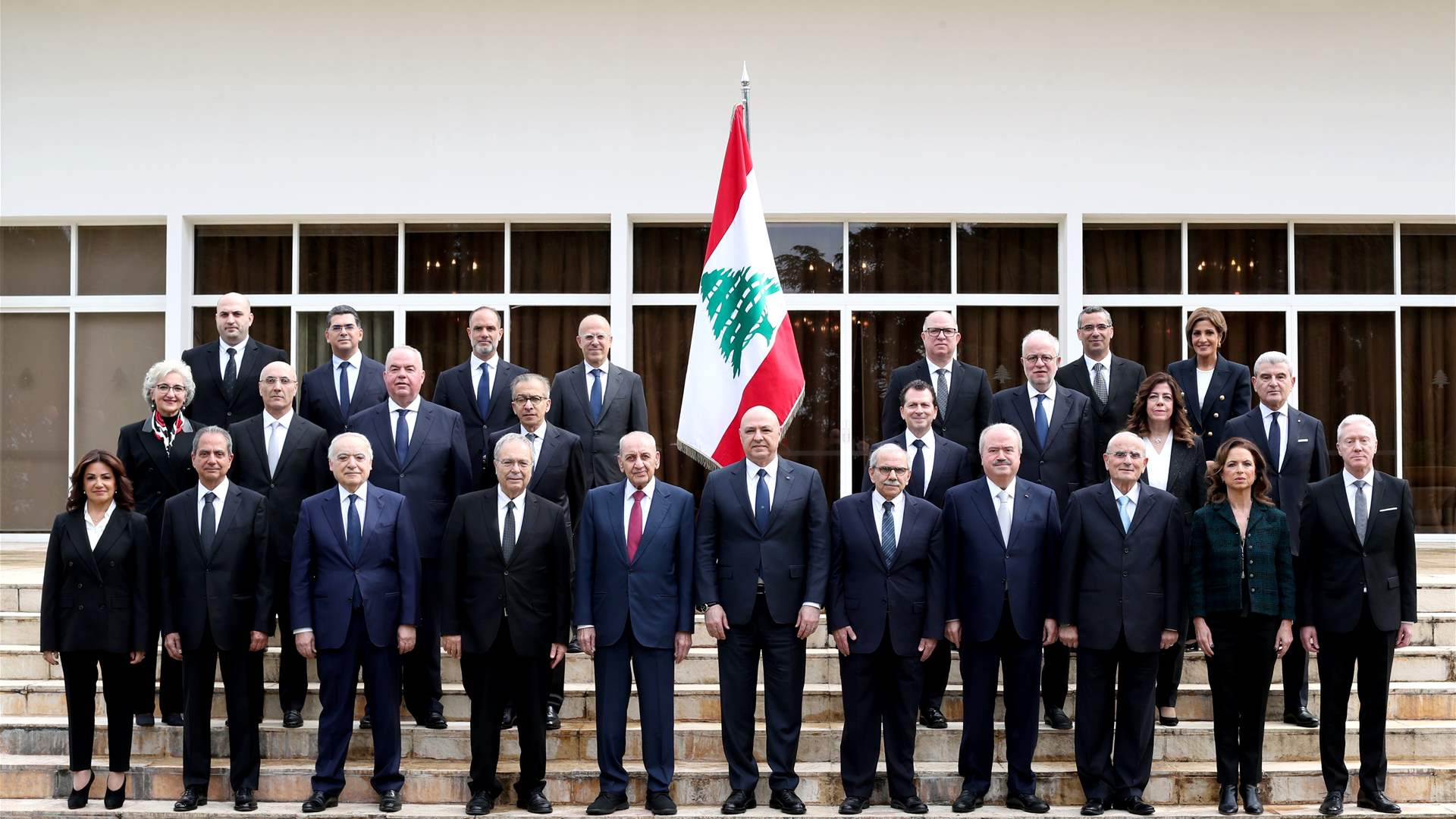On February 26, Prime Minister Nawaf Salam’s government won the confidence vote in the Lebanese parliament. 95 out of the parliament’s 128 members backed the government, while 12 withheld confidence and four abstained from the voting.
All 12 members that withheld confidence were part of the Free Patriotic Movement led by MP Gebran Bassil, who had a limited back-and-forth with Salam during the former’s address in the discussions.
Beyond the major economic reforms that the new government will be tasked to initiate, especially the restructuring of the banking sector and the negotiations with the International Monetary Fund, the new government will have the crucial role of addressing a chronically paralyzed public administration system.
The Public Administration Crisis
With the weakening of Hezbollah and the arrival of President Joseph Aoun and now Prime Minister Nawaf Salam’s government, many across the country expressed optimism of an upcoming process of change in the country.
However, these views often disregarded a central aspect behind Lebanon’s back-to-back socioeconomic crises, which is the deep and long-cemented control of politico-financial elites of the country’s various sectors and internal bureaucratic processes, otherwise known as the deep state.
No sector of the Lebanese state might be as representative of the historically dominant model of governance as the country’s public administration structures. Corruption, sectarianism, nepotism and inefficiency are only some of the characteristics of Lebanon’s internal bureaucracy.
Lebanon’s public administration remains riddled with thousands of employments that fall beyond constructive policymaking, whereas different ministries, historically divided between dominant political parties based on sect, showed little to no collaboration to achieve national level objectives.
Among the many practices that have permeated Lebanon’s ministries, for example, is the refusal of ministerial authorities to share their databases with their successor, especially if it’s a political competitor, denying them crucial material and planning notes for a sustainable and healthy transition of power.
It is within this context that Salam’s government will have to face the daunting task of dismantling existing power interests within the country’s many public administrations.
The Beginning of Long-Term Change?
It is safe to say that Salam’s government will unlikely be able to break through a governance culture that was cemented across decades and that remains backed by politico-financial interests (extending beyond corruption) in the span of a few years.
One would be more realistic to hope that the upcoming years will begin a long-term process of change in the logic of operation of public administrations’ governance. This would, in turn, likely have a plethora of secondary recompenses, such as restoring donors’ trust in the Lebanese state and the opening of a number of opportunities for socioeconomic revival.
Conducting an overhaul of public administration will require both strategic sagacity and political nimbleness. On one hand, it will have to deal with the livelihood realities of thousands of employees, many of whom are part of political parties’ direct popular base. On the other, it will require strict regulation that counters unrestrained nepotistic and corrupt practices in favor of commitment to strategic objectives.
Finally, a major task for Salam’s government would be to usher in a long overdue modernization of public administration systems. The paralysis caused by the deep state’s power interests has left these systems in archaic conditions, increasing administrative burdens for both staff and citizens, slowing down reform processes and derailing well needed interventions.
As such, the upcoming government’s execution will not only be based on the performance of its main figures, such as Salam and the different ministers, but also on how internal structures will be governed and how executive decisions will translate in the daily, bureaucratic processes of public administration. This translation can either make or break the new government’s willingness for change.


